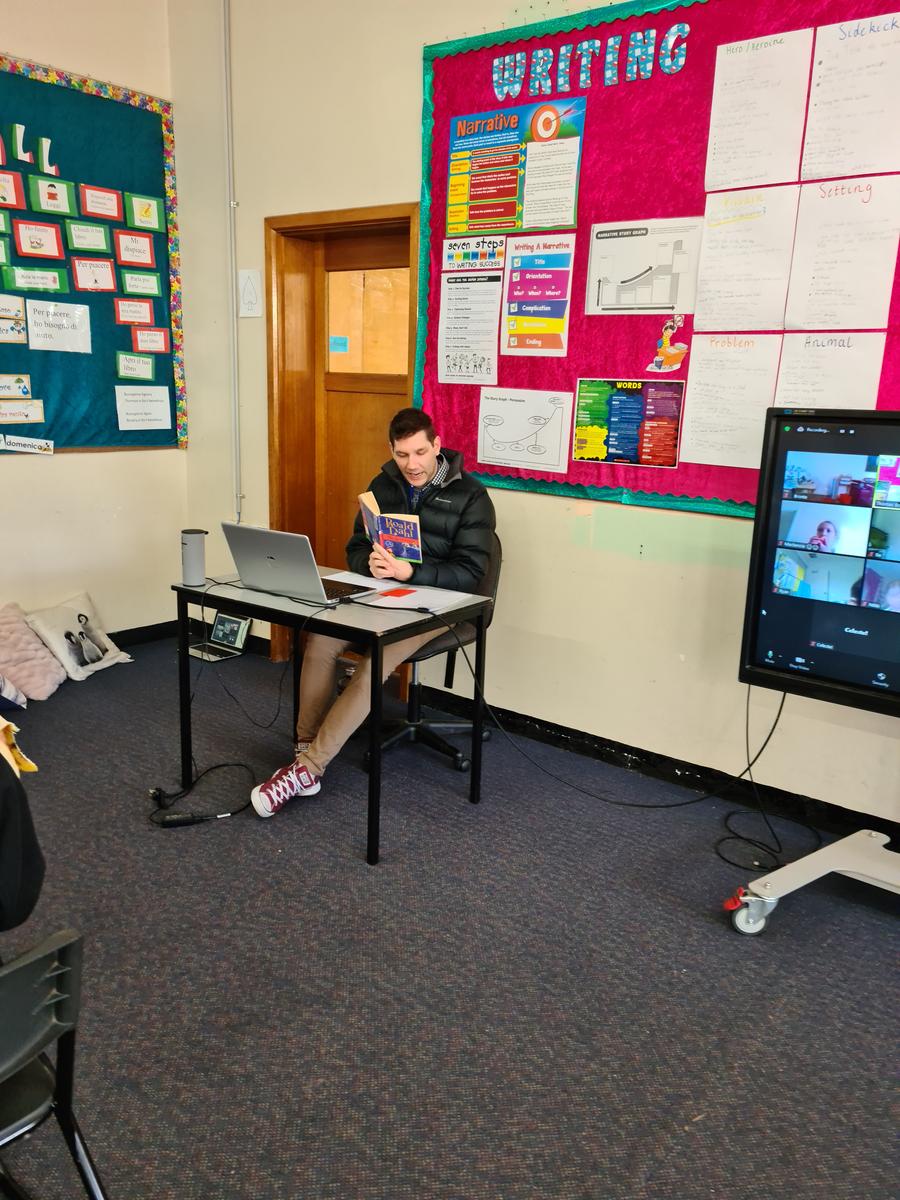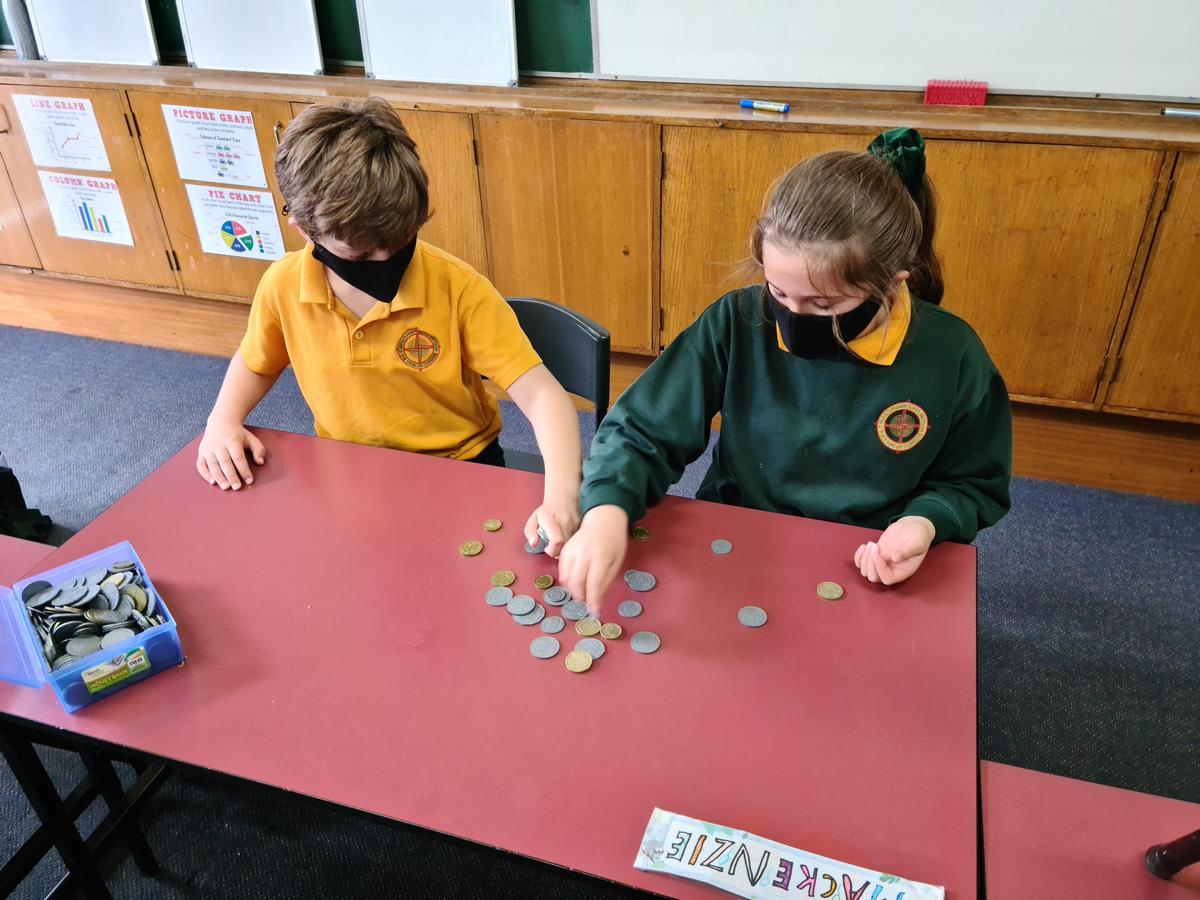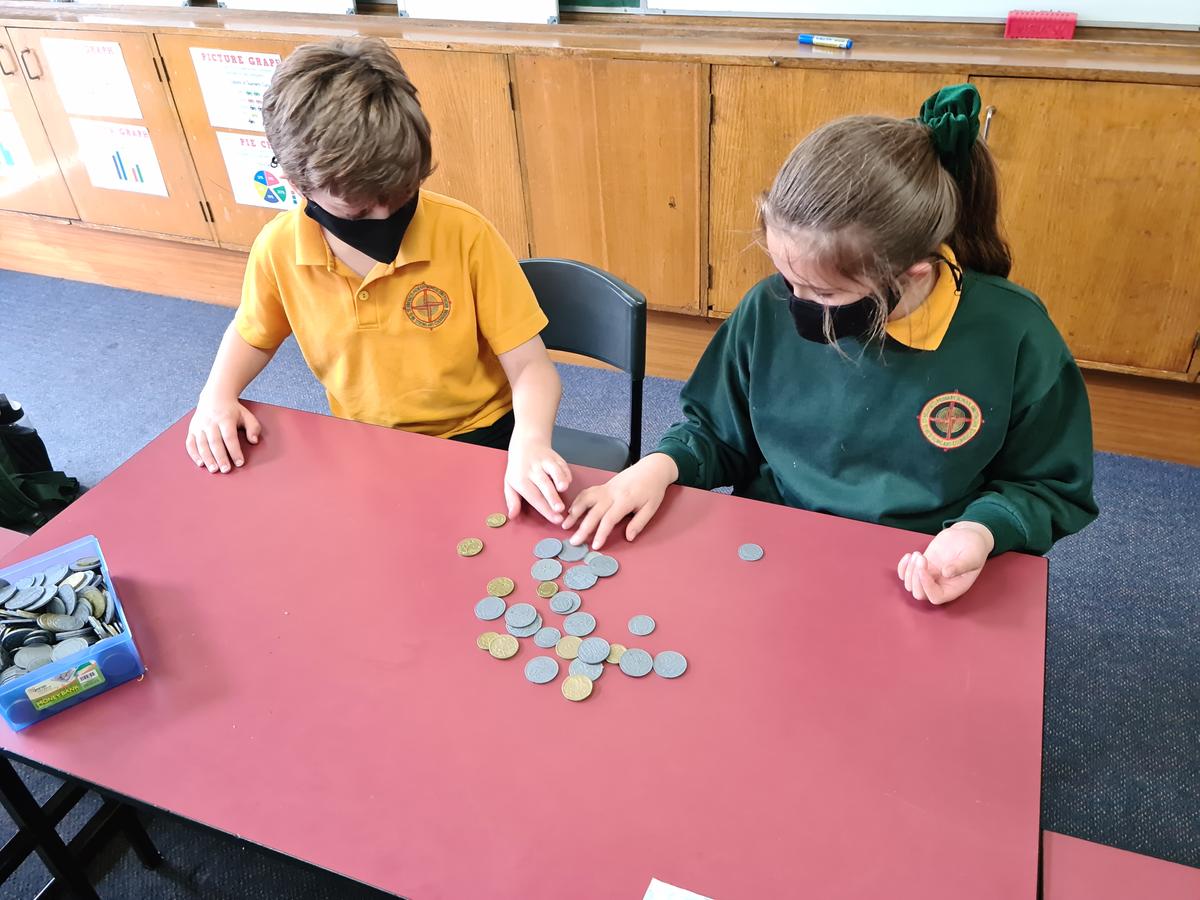News from MLC
Reading, Inquiry and Maths

News from MLC
Reading, Inquiry and Maths
In MLC, I like to read a class novel to the students. This usually takes place during fruit snack, while I read, the kids eat their fresh fruit.
Last week, I started reading The Witches by Roald Dahl. This classic children’s book was written in 1983. It follows the story of a young boy living in a world where witches exist, and their goal is to get rid of all children.
Reading out loud to children is a very beneficial activity. Not only does it enhance a relationship between the students and the adult, but it promotes brain development, imagination, language and emotions. My aim is to not only entertain children who love books and stories, but to also help those students who don’t enjoy reading.




Over the next week, the students in MLC will be creating a presentation based on a chosen country that is considered one of Australia’s neighbours. The children have been given the following countries to research: Fiji, New Zealand, Indonesia, Solomon Islands, Vanuatu and Papua New Guinea. The countries that are closest to Australia are called our neighboring countries and they are also island countries. The children will research these countries and then present their findings to the rest of the class.
Over the last two weeks, we have been learning about money. The students have been looking at Australian money and learning about the different values of coins and notes. Some students even learned how to take percentage discounts off items that are on sale.
Addition and subtraction of money is an important skill to learn as it is something that will definitely benefit students in the future when they start making their own purchases. MLC students have done a great job adding up items and finding how much change they would receive.




Every morning on our daily timetable, I like to start the day with a riddle. A riddle, is of course, a purposefully misleading question that gets the students using logic or looking for clues in the question. Not only are riddles a lot of fun, but they have lots of benefits too.
A riddle can help improve reading comprehension, boost critical thinking and problem solving skills, strengthen language skills and promote analytical thinking and deductive reasoning.
Here are a couple of riddles that have teased the students in the past week.
1. Riddle: What has to be broken before you can use it?
2. Riddle: I’m tall when I’m young, and I’m short when I’m old. What am I?
3. Riddle: What month of the year has 28 days?
4. Riddle: What question can you never answer yes to?
5. Riddle: A man who was outside in the rain without an umbrella or hat didn’t get a single hair on his head wet. Why?
6. Riddle: You see a boat filled with people, yet there isn’t a single person on board. How is that possible?
Kind Regards
Mr Tom Brophy
MLC Classroom Teacher